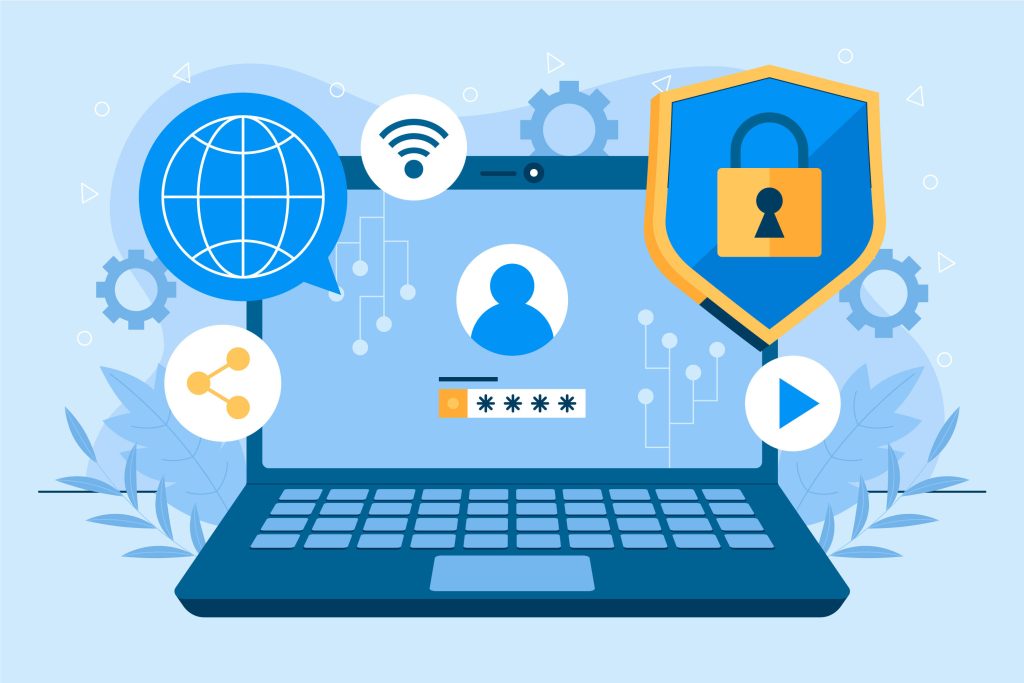
It’s a question most website owners don’t ask until it’s too late:
“Is my WordPress site actually secure?”
WordPress powers over 43% of all websites on the internet making it the world’s most popular content management system. But with great popularity comes great attention from hackers, bots, and malicious scripts. And the truth is, far too many WordPress sites are operating under a false sense of security.
If you’re relying solely on a security plugin or assuming that your hosting provider “has it covered,” you might just be hoping for the best and that’s a dangerous strategy.
At Xylera.tech, we’ve helped countless businesses recover from preventable WordPress attacks. In every case, the same lesson applies: security must be intentional.
Let’s take a closer look at what makes WordPress vulnerable and how you can actually secure your site before it becomes a headline.
Why WordPress Sites Are Frequent Targets
First, let’s clear something up: hackers don’t care how big or small your business is. They’re not sitting around choosing targets manually. Instead, they deploy automated bots that crawl the internet 24/7 looking for one thing weaknesses.
Here are some of the most common reasons WordPress sites get hacked:
- Outdated plugins or themes
- Weak admin passwords
- Public access to /wp-login.php
- Lack of two-factor authentication
- No malware scanning or file monitoring
- Poor file permission settings
- Use of nulled (pirated) plugins or themes
And once inside, attackers can do a lot more than just deface your homepage. They can inject malicious code, redirect traffic to spam sites, steal customer data, or even infect your users’ devices.
Stop gambling with your site's security! Get a professional vulnerability assessment today
How Secure Is Your WordPress Site, Really?
Take a minute to ask yourself:
- When was the last time you updated your plugins or themes?
- Do you know who has admin access to your site?
- Are you backing up your data regularly and storing it off-site?
- Do you receive real-time alerts when suspicious activity occurs?
If your answer to most of those questions is “I’m not sure”, you’re not alone. But that uncertainty is exactly what attackers count on.
Here’s a Quick Reality Check: Before vs. After Securing WordPress
| Security Layer | Unsecured (Default) | Properly Secured |
|---|---|---|
| Admin Login | Public /wp-login.php, weak password | Custom login URL, strong password, 2FA enabled |
| File Editing | Enabled in dashboard | Disabled via wp-config.php |
| Plugin Updates | Often forgotten or delayed | Monitored, auto-updated or manually tested regularly |
| XML-RPC Access | Open and vulnerable | Disabled unless explicitly required |
| Malware Protection | None | Firewall + malware scanning tool in place |
| Backups | Manual or none | Scheduled, encrypted, off-site backups |
| User Access Control | Admin access shared or unmanaged | Roles defined, privileges limited, audit logs monitored |
This isn’t just a checklist it’s the difference between a safe, trustworthy website and one waiting to be compromised.
The Consequences of “Hoping for the Best”
Let’s be honest most people only think about website security after something breaks. But by that point, the damage is already done.
A hacked WordPress site can:
- Be blacklisted by Google (crippling your SEO)
- Leak private customer data (damaging your reputation)
- Spread malware to your visitors (causing liability)
- Cost you hundreds (or thousands) in emergency cleanup fees
Worst of all? You might not even notice right away. Many hacks are designed to be silent quietly exploiting your site for weeks or months before anyone realizes.
Xylera’s Approach to WordPress Security
At Xylera.tech, we take WordPress security seriously not as a service add-on, but as a standard practice. Our process is designed to keep your site safe before, during, and after launch.
Here’s what we secure:
- Admin login (with brute-force protection and 2FA)
- Theme and plugin code (by disabling dashboard editing)
- File structure and permissions
- Unused or vulnerable features like XML-RPC
- Regular plugin/theme updates and patch checks
- Continuous malware scanning and firewall setup
- Full automated backups with version control
We also offer monthly audits, so you can stay ahead of emerging threats as your site grows.
Final Thoughts: Don’t Let Security Be an Afterthought
Your WordPress site is more than a marketing tool it’s a digital asset. And like any valuable asset, it deserves protection.
If you’ve never done a full security review, or you’re unsure whether your current setup is enough, now is the time to act. Don’t wait for warning signs like slow speed, strange redirects, or a Google penalty. Secure it before it breaks.
Worried your WordPress site might be exposed?
We’ll run a free security audit and give you a clear, jargon-free report.
Visit: www.xylera.tech